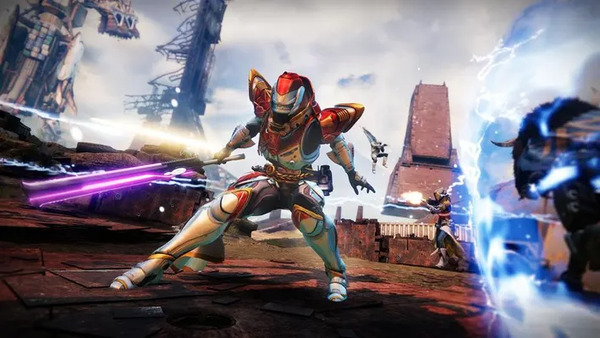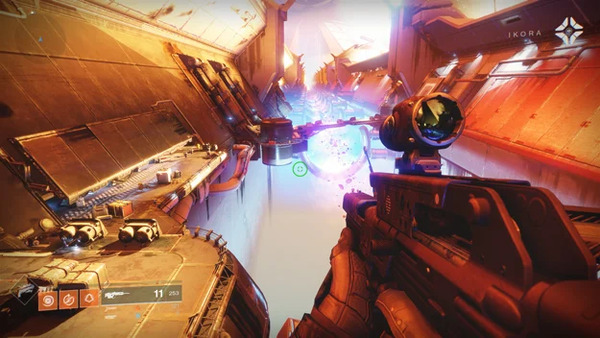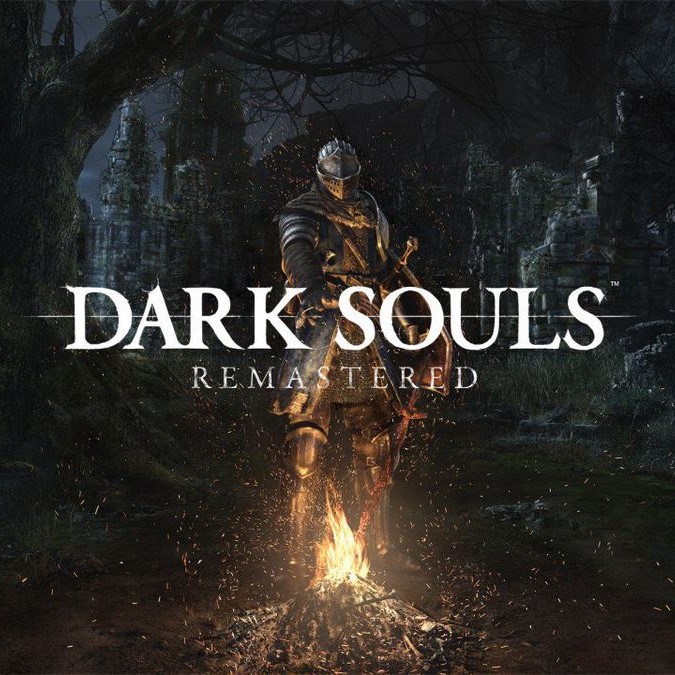Advertisement
Popular Now
Introduction
Destiny 2, developed by Bungie, has captivated millions of players since its release in 2017 with its rich lore, engaging gameplay, and intricate mechanics. One of the most contentious issues within the game revolves around player progression. The various systems designed to reward players—ranging from leveling up to gear acquisition—often leave players feeling frustrated and dissatisfied. This article explores the intricacies of player progression in Destiny 2, examining its evolution, the current state of affairs, player feedback, and potential improvements for a more rewarding experience.
The Evolution of Player Progression
The Early Days: Destiny 2's Launch
When Destiny 2 launched, it introduced a fresh approach to player progression compared to its predecessor. The game featured a power level system where players could increase their strength through gear acquisition and activity completion. Early on, players appreciated the clarity of this system, as it was easy to understand how to progress and what rewards they could expect.The Shift to Seasonal Models
As the game evolved, Bungie transitioned to a seasonal model, introducing new content and rewards every few months. This change brought about a mixed bag of reactions. On one hand, it provided a steady stream of new activities and gear. On the other, it created a sense of urgency and FOMO (fear of missing out), where players felt pressured to engage constantly to maximize their rewards before seasons ended.The Mechanics of Progression Systems
Experience Points (XP) and Levels
In Destiny 2, players earn experience points through various activities, which contribute to their overall level. Initially, this system was straightforward, but as expansions and seasons rolled out, the XP requirements for leveling up became increasingly opaque. Players found it challenging to gauge how much effort was needed to achieve their next milestone, leading to feelings of stagnation.Power Levels and Gear Acquisition
Power levels determine a player's strength in Destiny 2 and are primarily influenced by gear. Players can acquire gear through a variety of activities, including strikes, raids, and PvP matches. However, the randomness of loot drops and the infusion system—where players can raise the power level of existing gear at the cost of resources—has led to significant player frustration. Many players feel that grinding for specific gear often feels futile, as the system can be punishingly random.The Seasonal Model: Pros and Cons

The Benefits of Season Passes
The introduction of season passes has allowed Bungie to implement structured content releases. Each season typically comes with new storylines, activities, and rewards, which keeps the game feeling fresh. Players appreciate the opportunity to earn unique cosmetics, weapons, and gear through these passes, creating a sense of achievement as they progress.The Drawbacks: FOMO and Time Investment
Despite the benefits, the seasonal model has drawbacks. The fear of missing out on exclusive rewards often leads players to feel overwhelmed, as they scramble to complete challenges within the limited time frame. This pressure can result in burnout, especially for players who may not have the time to engage with every seasonal activity. The constant influx of new content can also make it difficult for players to fully enjoy what’s currently available, as they’re often looking ahead to what’s next.Player Feedback: The Frustration of Grinding
Community Reactions
Player feedback regarding progression systems in Destiny 2 has been vocal and varied. Many players express frustration with the grind necessary to achieve meaningful rewards, particularly when the rewards feel lackluster compared to the effort required. The imbalance between the time spent grinding and the quality of rewards has led to a vocal segment of the community calling for changes.The Role of Communication
Bungie has made efforts to communicate with its player base, often addressing concerns through blogs and updates. However, many players feel that while Bungie listens, meaningful changes are slow to arrive. This has led to a sense of disillusionment among those who are passionate about the game and want to see it thrive.The Infusion System: A Double-Edged Sword
Understanding Infusion
Infusion allows players to raise the power level of their gear by consuming other items. While this system was intended to provide players with a way to keep their favorite weapons and armor relevant, it has led to frustration. Players often find themselves in situations where they must choose between infusing gear or keeping resources for future needs, which can feel limiting.Balancing Infusion and Progression
 The infusion system can sometimes create a scenario where players feel they are stuck in a cycle of grinding for resources rather than enjoying the game. This can lead to burnout and a decreased desire to engage with the game's various activities. Balancing the infusion system with other progression mechanics is crucial to improving the overall experience.
The infusion system can sometimes create a scenario where players feel they are stuck in a cycle of grinding for resources rather than enjoying the game. This can lead to burnout and a decreased desire to engage with the game's various activities. Balancing the infusion system with other progression mechanics is crucial to improving the overall experience.



















